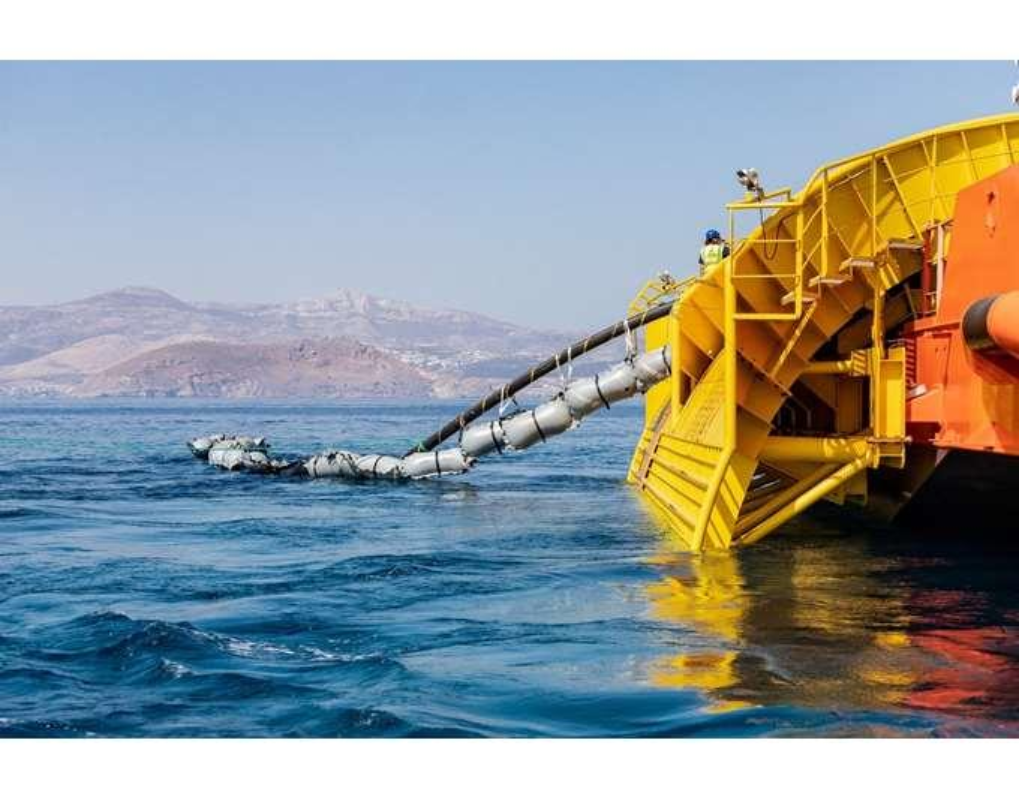Greece and Cyprus are racing to save the crucial energy project of the Great Sea Interconnector (GSI), which has been struggling for months with technical and financial deadlocks, while its geopolitical significance continues to grow. The project, connecting Greece with Cyprus and Israel, has been classified by the European Commission as a Project of Common Interest, receiving €657 million in EU funding via the Connecting Europe Facility (CEF) and being part of the EU’s energy highways initiative.
The European Commission spokesperson, Anna Kaiza Itkonen, emphasized that “we will do everything possible to help this project move forward,” while the Energy Commissioner, Dan Jørgensen, reiterated the need for enhanced interconnectivity to reduce energy costs and secure Europe’s energy independence.
In this context, the two governments decided to update the project’s economic and technical parameters, attempting to spread the risk among new investors and revive a project that has turned into a major energy and diplomatic gamble. Greek Prime Minister Kyriakos Mitsotakis called it a project with national dimension and broad geopolitical impact, while Cypriot President Nikos Christodoulides highlighted that the update is essential to attract strong investors.
The financial reality is unforgiving: with costs now exceeding €2 billion, the governments are seeking a financing model that ensures both viability and political credibility. Essentially, the update amounts to partial privatization of risk, shifting responsibility—and the potential cost of failure—to new financiers.
For Cyprus, the project represents energy independence and connection to the European grid, while for Greece, the interconnector is a key link in the vertical energy corridor stretching from Alexandroupolis to Ukraine, supporting Europe’s gradual decoupling from Russian gas and boosting imports of U.S. LNG.
Politically, the GSI has become a stress test for the EU’s energy strategy in the Eastern Mediterranean. Success or failure will determine whether the region becomes a genuine energy hub or remains another “grand project” trapped in bureaucracy and geopolitical games.
With EU support and active participation from Israel, Greece, and Cyprus, the project is striving to overcome obstacles and emerge as a strategic milestone for the region’s energy security.
